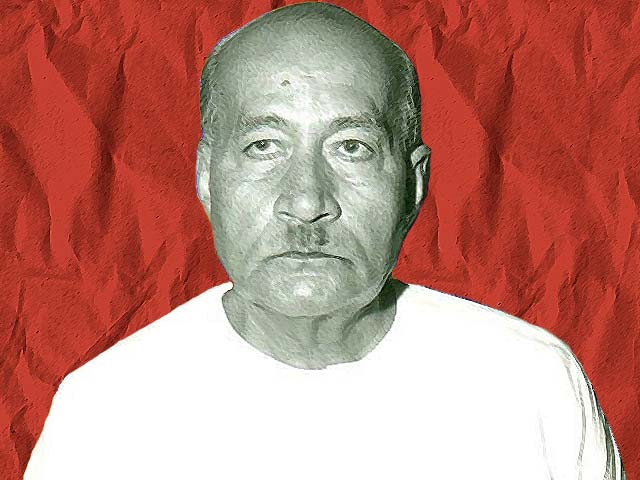“Kaam hai mera taghayyur, naam mera hai shabaab
Mera naara inquilaab-o-inquilaab-o-inquilaab”
(My name is youth, and upheaval is my mission
My slogan: Revolution. Revolution. Revolution.)
Josh was a freedom-fighter and was part of the movement which called for the end of British rule in India. Despite being close friends with Jawaharlal Nehru, and being awarded the Padma Bhushan in 1954, Josh migrated to Pakistan in 1956, ostensibly to serve Urdu. But he was generally shunned by the establishment because of his leftist views. Despite this, he continued to write prolifically and published seven collections of poetry, with the most popular one being Shola-o-Shabnam (Flame and Dew). Given his extensive body of work and dedication to his craft, it is shameful that only a handful of people attended his funeral in 1982. However, what is perhaps still worrying is the fact that unlike other poets who were marginalised and ostracised by the establishment during their times but found an enduring fame later on, Josh still remains largely underappreciated and undervalued in Pakistan. As Pervez Hoodbhoy notes,
“His rebellious pen directs withering criticism upon the existing order, challenges those who draw boundaries between peoples, and advocates rational thought over dogmas of the Marxist left or the religious right. His libertarian views and contrarian lifestyle set him apart from the crowd. The conclusion is that this remarkable poet was shunned because his message was too radical for those times, and is even more so today.”
Regardless of whether or not the Pakistani masses revere the work of Josh, his death anniversary presents us with an opportune moment to revisit his poetry and recognise his extraordinary contribution as a poet and writer. Since yesterday, February 21st, was celebrated as International Mother Language Day, what better way to commemorate Josh’s 38th death anniversary today than to present this translation of Josh’s stirring tribute to the Urdu language. It serves both to highlight Josh’s extraordinary felicity and skill with the Urdu language, as well as reinforce his status as one of Urdu’s greatest servants in the 20th century; in the league of such stalwarts as Allama Iqbal and Faiz Ahmed Faiz. Interestingly, the poem was never published in any of Josh’s poetry collections and thus was only able to survive intact for all these years due to repeated recitations by those who revered the poem. The evocative ode not only hearkens back to the birth of the Urdu language but also reinforces the notion that the poet is always at the mercy of the language in which they choose to write. The ode also paints Josh as nothing more than a humble servant of the Urdu language, who attributes his success to the beauty of the language itself. May all languages have such dedicated practitioners as the great Josh Malihabadi.
Urdu by Josh Malihabadi
“The bend of the river, and the stream’s bubbly path
The veil of the starry night, and the moist dew of the morn
The pearl’s clarity, rose’s fragrance and the new moon’s swathe
All came together harmoniously and you were born
What a beauteous horizon have you arisen from!
Sweet is my speech for having tasted of your salt
Healthy my tongue that I am ill with love for you
My verse flies free, for I am entombed in your vault
It is your boon that I rule the realm of poetry too
I mock the kings now that I am your slave.”



COMMENTS
Comments are moderated and generally will be posted if they are on-topic and not abusive.
For more information, please see our Comments FAQ